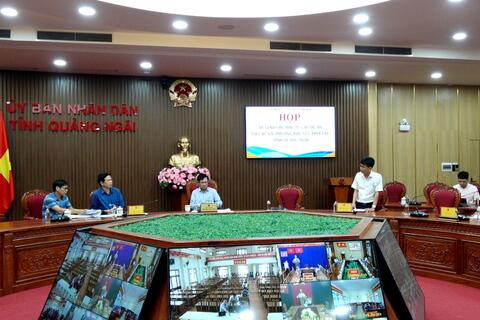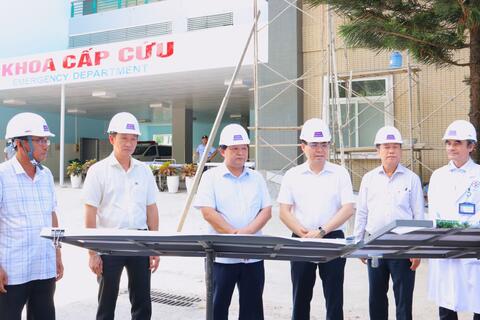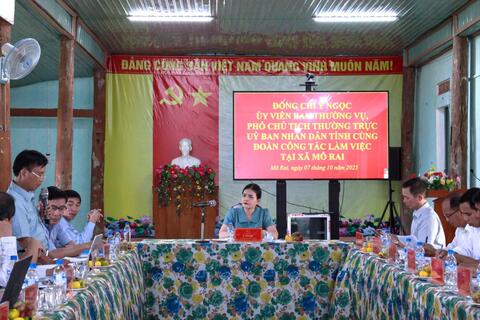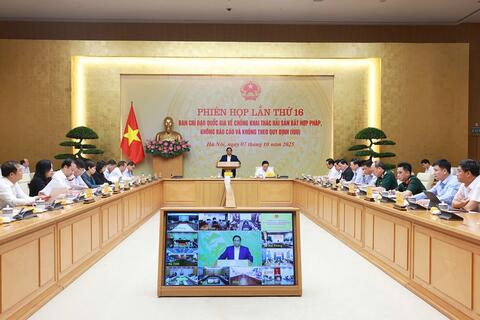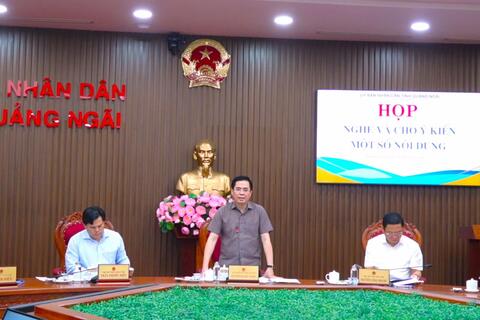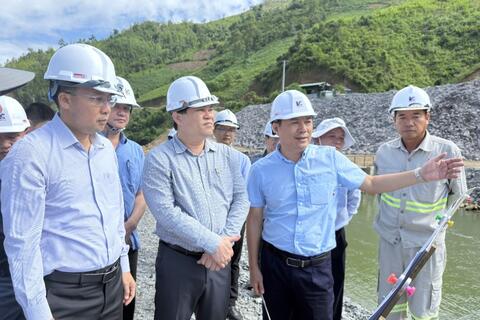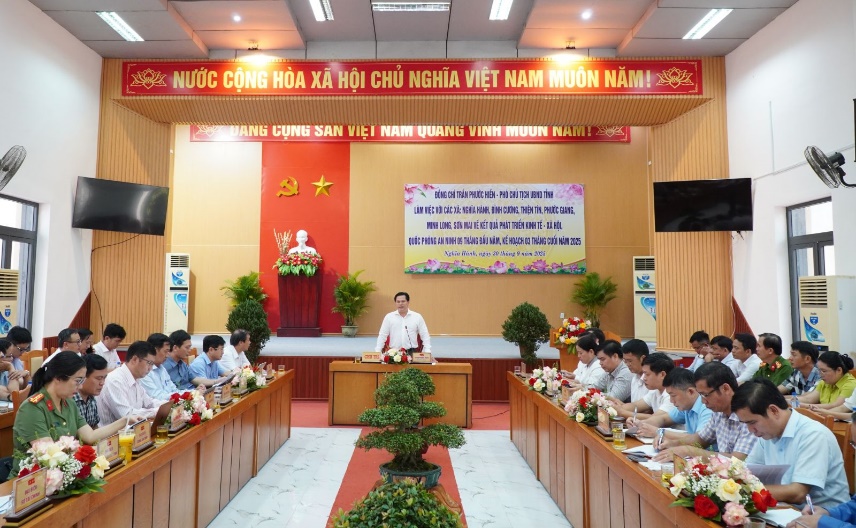
QUẢNG NGÃI – Vice Chairman of the Quảng Ngãi Provincial People’s Committee Trần Phước Hiền on September 30 met with the People’s Committees of Nghĩa Hành, Đình Cương, Thiện Tín, Phước Giang, Minh Long, and Sơn Mai communes to review socio-economic performance and security in the first nine months of 2025 and to set priorities for the final quarter.
The session also evaluated local government operations following recent commune mergers under the province’s two-tier governance model.
Since July 1, 2025, communes have restructured administrative systems, reassigned staff, and established new operating frameworks.
According to reports, local governments have generally stabilized, delivering public services more efficiently and remaining closer to citizens.
Key gains include progress in socio-economic development, cultural and social programs, and the maintenance of security and public order.
Administrative reform and digital transformation have also advanced, with commune-level public service centers ensuring smoother processing of procedures for residents and businesses.
Challenges, however, remain significant. Larger administrative areas have increased workloads, while shortages of qualified staff—especially in land management, planning, finance, IT, education, and healthcare—have slowed implementation.
Infrastructure gaps and outdated equipment continue to hinder service delivery.
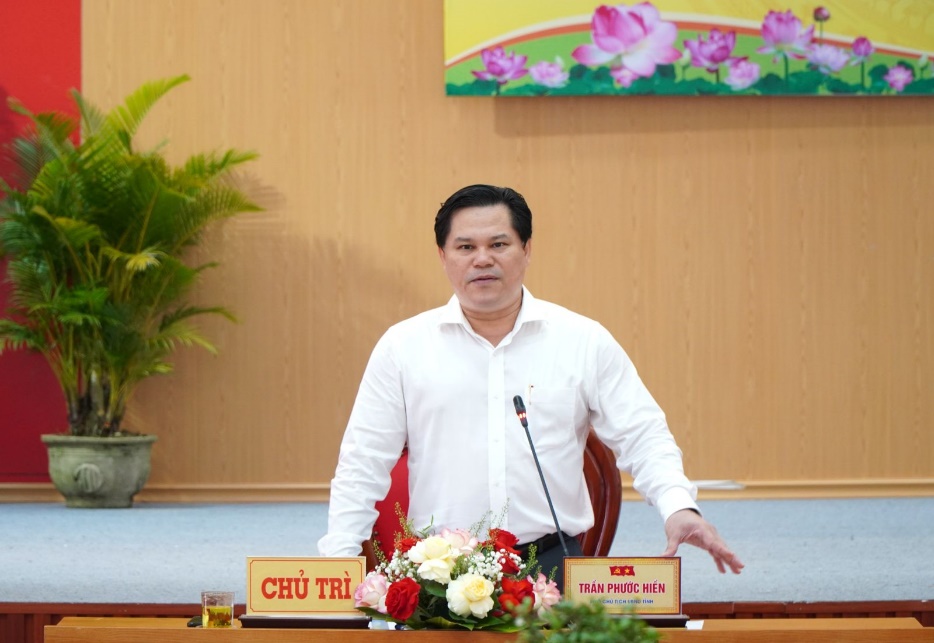
Vice Chairman Hiền praised the communes for their commitment and urged them to build on results, overcome shortcomings, and meet socio-economic targets for 2025, contributing to the province’s annual growth goal of 10–10.5 per cent.
He emphasized that the two-tier local government model places greater responsibility on communes and wards for state management and public services, requiring stronger professional capacity and innovative governance.
He also called for faster land clearance on key projects, acceleration of public investment disbursement, enhanced budget management, and promotion of high-value agriculture.
Localities were tasked with reviewing new rural development criteria for the 2026–2030 period while strengthening disaster prevention, disease control, and social welfare.
Addressing staffing concerns, Hiền highlighted recent directives from the Provincial Party Committee and the Chairman of the Provincial Party Committee, which call for immediate and long-term measures to boost commune-level capacity, particularly in IT and finance.
Provincial departments and agencies were instructed to provide training, technical support, and seconded staff to help communes manage specialized tasks effectively.
M.H




